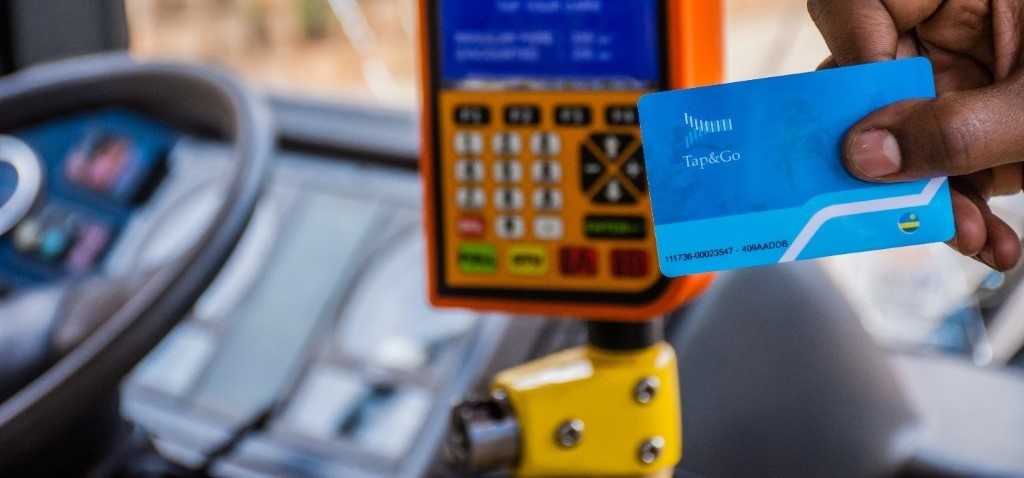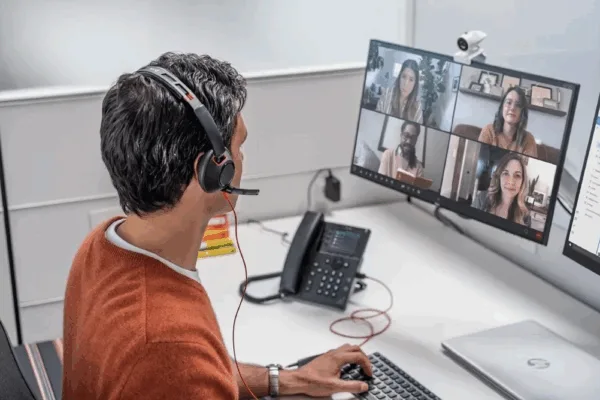By Jan Michael Carpo, Reporter
Thanks to the BSP’s Digital Payments Transformation Roadmap (DPTR), commuters, PUV operators, and market vendors in the Bangsamoro Autonomous Region in Muslim Mindanao (BARMM) will soon be able to take advantage of undertaking cashless payments in public markets and public transportation.
How did this become possible?

Digital payment transactions in select public markets and public transportation in BARMM are now possible
Bangko Sentral ng Pilipinas (BSP) Governor Eli Remolona, Jr. recently led ceremonies to officially launch the Paleng-QR Ph Plus program in Cotabato City, thus adding Southwestern Mindanao’s primary trade and commercial center to the growing list of local government units now taking part in the central bank’s DPTR initiative.
“We anticipate that the Paleng-QR Ph Plus program will launch successfully once again, empowering your community and ultimately the entire country,” Remolona said in a pre-recorded video message.
The Paleng-QR Ph Plus program, which encourages digital payments using quick response (QR) codes in marketplaces and public transportation hubs, was officially launched last November 15 at the City Arcade, SK Pendatun Avenue, in Cotabato City.
Among those who attended the launching ceremonies were Muhammad Farzieh Abutazil, City Director of the Ministry of the Interior and Local Government; Cotabato City Mayor Mohammad Ali Matabalao; and Judith Dolot, Director of the BSP Mindanao Regional Office.
In support of the launch, financial service providers in Cotabato City also helped public transportation drivers and market vendors to open an account, print QR codes, and handle customer service inquiries.
Cotabato becomes the first city in BARMM to support BSP’s digital payments initiative
With the launch, Cotabato City became the 13th local government unit and the first city in the BARMM region to support the BSP’s digital payments initiative.
Baguio, Davao, Tagbilaran, Naga, Lapu-Lapu, Pasig, Carmona, Bacolod, Camiling, Victorias, Mandaue, and Ozamiz are the other LGUs.
For this initiative, the BSP collaborated with the Department of the Interior and Local Government (DILG) to create Paleng-QR Ph Plus, which aims to promote QR technology as a practical, secure, and effective payment method.
In conjunction with the formal introduction of the Paleng-QR Ph Plus program, the BSP also held its Piso Caravan at the City Arcade, which allowed Cotabateños to exchange their damaged and unfit coins and banknotes for electronic money, or e-money.
The Piso Caravan initiative is meant to further enhance coin recirculation in the country and to preserve the integrity of the Philippine peso.
The program is also a key component of the BSP’s 2020–2023 Digital Payments Transformation Roadmap, which aims to integrate 70% of adult Filipinos into the formal financial system this year and convert half of the nation’s retail payment volume to digital form.







